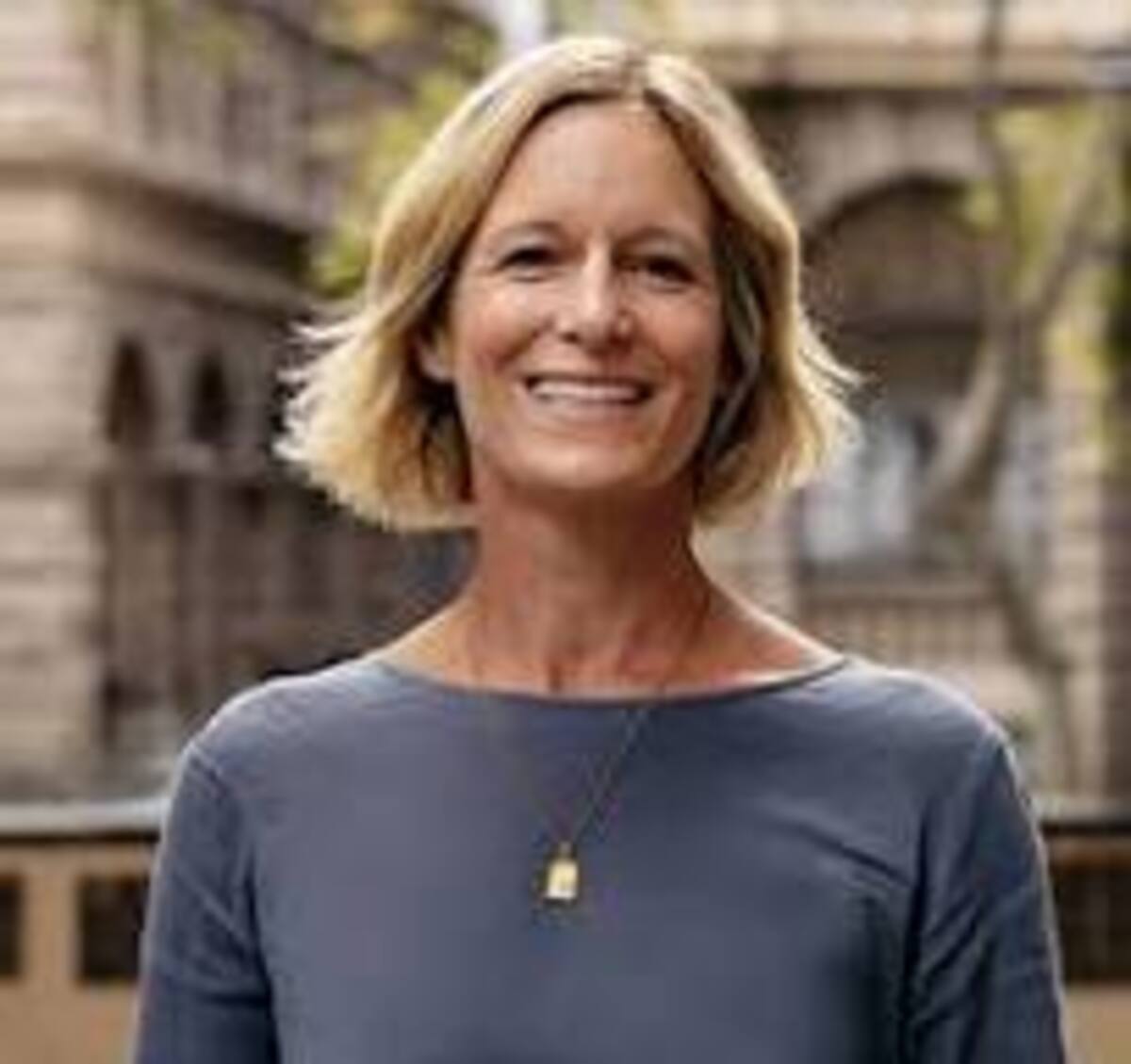The abilityNEWS Daily
The Big Story
Intellectual disability shouldn't be a death sentence
Australians with intellectual disability are dying decades earlier – but it doesn’t need to be that way. A new conference is sharing ways of tackling this rapidly growing problem.
In Australia, people with intellectual disability are dying, on average, 27 years earlier than people who don’t have intellectual disability - a statistic health experts say is both shocking and avoidable.
Professor Julian Trollor is Director of the Intellectual Disability Health Centre. He says the reason behind the stark disparity is systemic neglect and gaps in healthcare, rather than the condition itself. Addressing these health inequities is the focus of the Centre’s upcoming National Conference early next month.
The conference will, unusually and innovatively, bring together people from all intersections of the intellectual disability divide. This includes health professionals, researchers, families, carers, and advocates from across Australia, with the theme of "Working Together".
The conference will feature international keynote speakers, inclusive sessions, and hands-on workshops designed to support practical, person-centred solutions to intellectual disability health.
“People don’t die of intellectual disability - they’re dying because of major gaps in their health care,” Professor Trollor says. “Among these is a gap in the knowledge and understanding of how to best support the health needs of people with intellectual disability.”
The National Centre of Excellence in Intellectual Disability Health is working hard with the sector to address the gaps.” “Our upcoming Conference 2025 (themed "Working Together Every Step of the Way") is a chance for everyone to come together to discuss how we can best support the health of people with intellectual disability.”
Among the experts speaking at the conference will be Dr Gloria Krahn, an Adjunct Professor at Oregon State University and world-renowned expert on intellectual disability health and Alastair McEwin AM, Professor of Practice in Disability at UNSW and Former Commissioner of the Disability Royal Commission.
“There’s something for everyone at the conference. It’s an opportunity to network and connect, hear and share new ideas and get involved in hands-on workshops,” Professor Trollor says.
“Improving intellectual disability health is a significant issue that requires everyone to work together. This conference is just one way we can all do that.”
To register go to https://nceidh.org.au/conference
The Briefing

Photo courtesy NT News
Systemic action needed after death of Aboriginal man with a disability during NT police restraint - FPDN
by First Peoples Disability Network
A 24-year-old Aboriginal man with disability died after losing consciousness during a police restraint in the Northern Territory. The First Peoples Disability Network is calling for systemic reform, citing repeated failures in how authorities handle vulnerable individuals.
62 Perimenopause Symptoms That Can Start In Your 30s
by Mental Health Australia
Actor Dani Harmer has revealed her perimenopause diagnosis at 36 after experiencing symptoms like mood swings, fatigue and thinning hair. Experts confirm perimenopause can begin in your 30s, with up to 62 symptoms sometimes managed through treatments such as HRT.
DSV’s family support services
by Down Syndrome Australia
Down Syndrome Victoria supports families from prenatal stages through to adolescence with guidance, information and community connection opportunities. Their family support services include events, workshops, hospital visits and peer networks, including the growing Perfect Gift newborn initiative.
RESEARCH - The MICrONS Project
by None of the categories provided match the text.
The MICrONS project aims to map neural circuits in unprecedented detail by combining high-resolution brain imaging with machine learning. Scientists hope the findings will help bridge the gap between brain structure and function to improve artificial intelligence.
Fire or flood: Bega is ready after emergency cooking workshop
by Anglicare
In natural disasters there's a real need for community cooking skills. After the 2020 bushfires devastated Quaama, the community is rebuilding with a strong focus on disaster readiness and resilience. A local cooking workshop using camping gear brought residents together to share skills and prepare for future emergencies.

Cooking up a storm (photo courtesy Anglicare)
The Wrap
Gippsland mother pleads for help after son's mental health ordeal
by ABC Radio Gippsland
A Gippsland mother says her son was unable to access the appropriate mental health support when he experienced a crisis last year. She says her son's case is proof that the growing region urgently needs specialised mental health support for complex cases.
Quiz: Which state or territory has the highest number of NDIS participants?
(a) Queensland (b) Victoria (c) New South Wales
Answer – New South Wales has the highest number of NDIS participants.
The Diary

